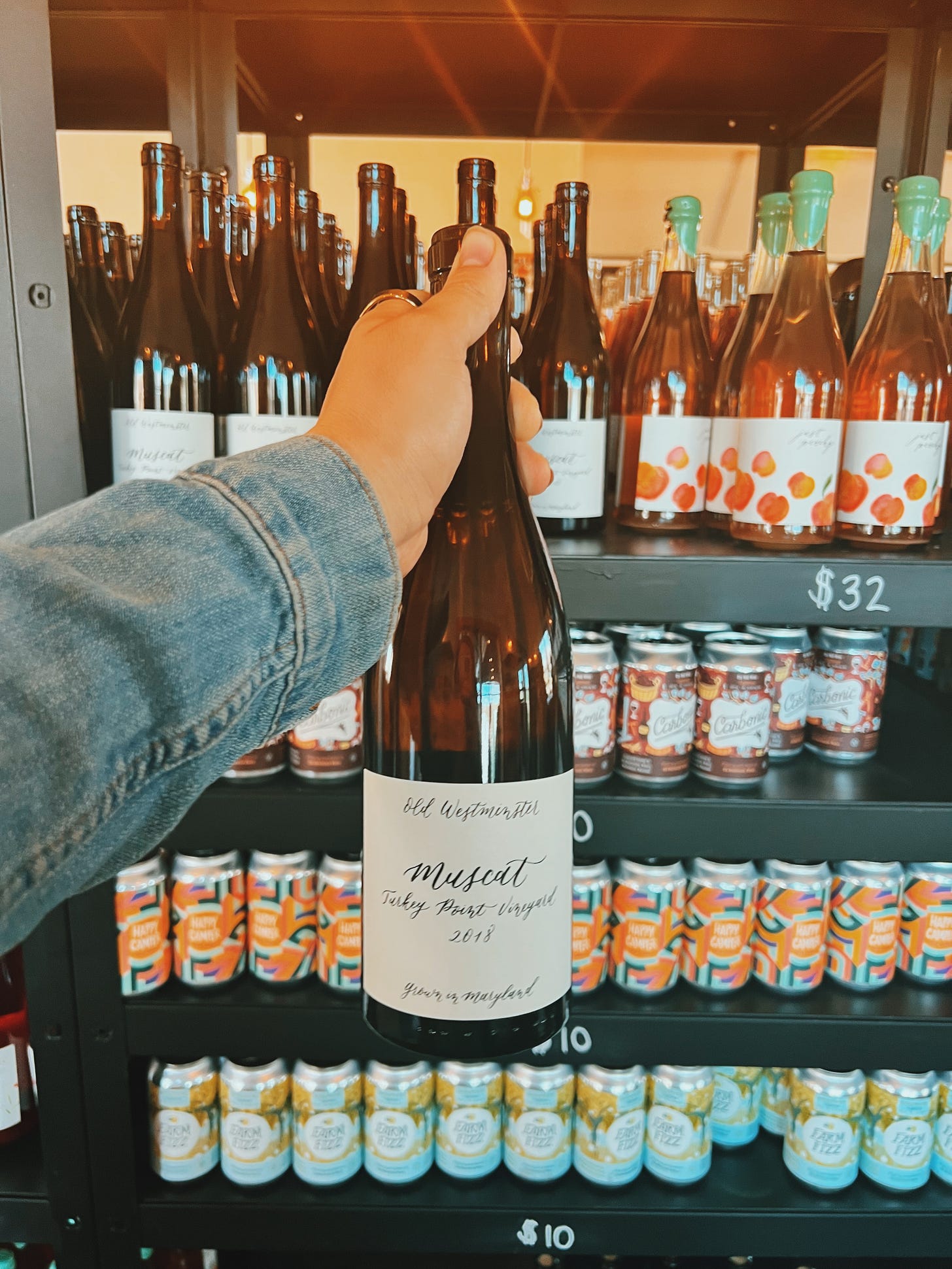After studying food history for six years, I have finally decided to venture out of book knowledge and take a hands-on cooking class as part of my Certificate in Food Studies with Boston University. I am only done with one week, so can’t tell you much. But in that week, I had to make four different stocks (chicken, beef, vegetable, and fish fumet). I learned to dice shallots and brunoise celery, make a fine julienne of carrots and a tomato concassé. As I was doing my stocks and knife cuts, I was reminded yet again of the importance in history to get your hands dirty: to not confine yourself to knowledge in books and instead to try recreating recipes and thinking about historical modes of cooking.
It feels silly to write that I needed reminding of this, given that I worked at the Folger Shakespeare Library recreating recipes like early modern turkey stuffing and posset. But, I guess I must have forgotten these experiences, because after gutting the seeds and jelly out of a blanched tomato, I was struck by what you can learn through acts of creation and sensation. This sort of “cooking as inquiry,” to borrow from Jennifer Brady, “serves to centre foodmaking and the body as sites of knowledge,” thereby resisting the binarist separation between “mind and body, theory and practice, intellect and emotion, and cognitive and sensual awareness.” Not much else to say, except that I hope to continue cooking, inquiring, and performing cooking as inquiry for many years to come.
“The way we talk about climate change is wrong,” writes historian (and my future PhD advisor!) Priya Satia. As she notes, in popular discourse, climate change is presented as a problem caused by “the reluctance of people…to make the investments and sacrifices necessary to protect future generations.” We are told we need to make a “sacrifice” in our current lifestyles in order to contain the impacts of the climate crisis.
As Satia argues, “the language of sacrifice for the future is uncomfortably close to the mindset that landed us at this precipice.” She draws on the history of the British Empire, particularly economic thought, to discount this language: as she writes, “‘Sacrifice’ implies giving up something to which we are objectively entitled, something actually desirable; it’s about martyring our needs for the future.” But, this is a “consumption-driven, hyper-individualistic way of life to which we were never entitled and that has depended, from the first, on enslavement, genocide, ecological destruction, and alienation from ourselves, the land, and other beings.” Would this way of life be worth preserving even if the fate of the climate were not in balance?
Reading Satia’s essay, I was struck yet again by the problem of techno-optimism, particularly in the food industry, which positions processed meat alternatives as a means of obviating these alleged “sacrifices.” But as many food writers have noted, this is merely a band-aid solution which “recreat[e]s the conditions where people are dependent on specific, non-diverse protein sources…in these monocropped manners.” And, we are producing these products amidst massive labor abuses which just serve to make the rich richer rather than creating “real fundamental changes…not just to our behaviors but to our infrastructure.”
If we get rid of the language of sacrifice, we might also be able to get rid of the technological solutions promising to absolve us of our need to sacrifice. Only then will we be able to make these fundamental changes upon which the future of human and planetary health so desperately hinges.
Other food-related pieces occupying my mind:
I loved this interview with my former colleague at the Folger Neha Vermani on the importance of studying Mughal food history. She makes a great case of the centrality of food history to understanding contemporary identity politics in South Asia.
“But those after-school hours afforded a more capacious sense of place; Flamin’ Hots guided me across that geography,” writes Summer Kim Lee in a glorious celebration of Cheetos and identity.
I appreciated this article on the long history of slow cooking in Indigenous communities around the world (yes, slow-cooking pre-dates the instapot).
This weekend, I went to Old Westminster Winery in Maryland with my dear friend Isabel. The weather was perfect for drinking crisp whites and rosé. We both got flights of many different wines, but my favorite by far was this 2018 Muscat.
To me, this wine tasted almost like a mead. It was extremely honey-forward, and sweet but not cloying. It had a splash of peach or lemon flavor, which cut the sugariness enough to be a perfect palate-refresher on a hot, not-quite-yet-summer day. I also picked up a bottle of the skin-contact pet-nat piquette— I will report back!
Here is a brief update on some of the food-related work I’ve been engaging in lately:
The first draft of my article on hybrid grapes is almost done! Stay tuned to learn more about why we need to stop being so obsessed with vinifera grapes.
I am currently working on a grant application to perform ethnographic research on cheese-making in South Asia. As such, I have been reading a lot about cheese in the region, like this cheese made in the Himalayas.
I just learned I was awarded a fellowship with the journal Environmental History to workshop and eventually maybe publish an article based on my MPhil dissertation research on salt in Bengal. I am very excited about this possibility!
Thank you all for reading! This week, I will be cooking a lot of eggs for my BU cooking course (and also some sourdough for fun). I hope you all have a wonderful week, and stay tuned for my food adventures next week in San Francisco! If you have any food-related recommendations for the Bay Area, send them my way.
Love, Julia









